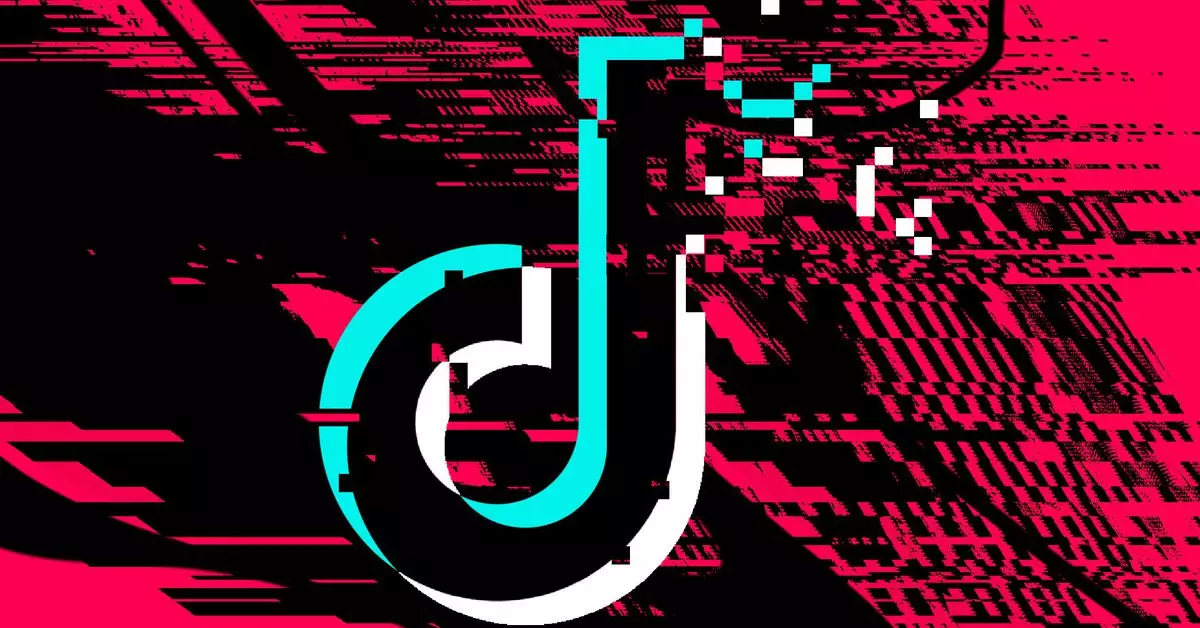The ongoing saga surrounding TikTok reflects a complex interplay between social media platforms, government regulations, and legal ramifications. As the TikTok team raises alarms over potential restrictions, the White House maintains a firm stance against the immediate enforcement of any bans, branding the platform’s threats as mere theatrics. Press Secretary Karine Jean-Pierre has publicly dismissed TikTok’s concerns about impending actions aimed at its operations, emphasizing that the power to enforce regulations lies with the new administration. This scenario presents an interesting narrative highlighting the clashing interests of various stakeholders, including the government, the platform, and the tech giants that support it, like Apple and Google.
The crux of the issue revolves around accountability and regulatory oversight. Following the Supreme Court’s backing of the ban, TikTok’s management expressed their unease, suggesting that the legal landscape could spell disaster for their operations. CEO Shou Chew’s public appeal to former President Trump illustrates the strained dynamics at play, where a call for support is necessitated by potential bans that could cripple their operations. The underlying question remains: who will bear the brunt of any repercussions resulting from this controversy? While TikTok seeks reassurances from the government, Apple and Google face their own dilemmas concerning involvement—or lack thereof—in the enforcement of any restrictions.
The political ramifications extend far beyond TikTok itself. With incoming President Trump’s rumored plans for a 90-day extension of the ban, there exists a palpable tension regarding the future of the platform. This situation exemplifies a political chess game, where decisions made today could pivot significantly based on administrative priorities post-inauguration. Trump’s potential executive order grants him a powerful tool to alter the course of TikTok’s operational landscape, but it also raises questions about the law’s integrity and the fateful choices companies are compelled to make in light of it.
For tech giants like Apple and Google, the legal and moral implications of aiding or hindering TikTok’s operation are substantial. While they may have the technical ability to keep the platform available, the specter of legal consequences looms large. Would they risk defying the ban should it become enforceable? The question encapsulates the conflict between corporate ideals of free expression and the liabilities associated with governmental regulations. The perceptions of worth and risk become pivotal as these companies navigate a politically charged environment that could influence their brand image and customer relations.
As the TikTok saga unfolds, both the platform and its users find themselves in a precarious position, uncertain about the future. With the incoming administration poised to make significant decisions, the immediate fate of TikTok remains clouded in ambiguity. It is clear that this is more than just a simple issue of an app; it signals a profound examination of the intersections between governance, corporate responsibility, and public sentiment in our increasingly digitized world. As TikTok and other stakeholders await the new administration’s actions, the next steps will be pivotal in determining the platform’s trajectory in the American digital landscape.

